It is helpful to understand the science of hormones. When it comes to hormones in both men and women, there’s a lot that can go awry. Your body is made up of some very complex systems, not the least of which is your endocrine system. The hypothalamus and pituitary glands are like finely tuned command centers running your pancreas, adrenal glands, thyroid, and other organs–hopefully like clockwork
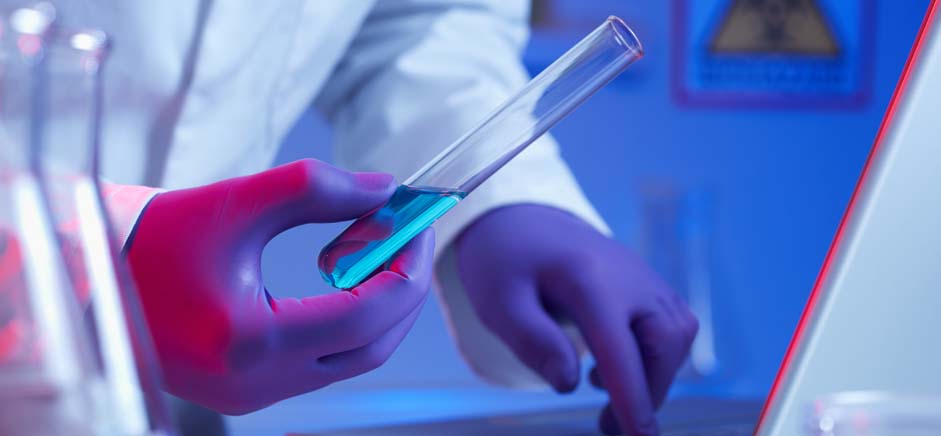
The Science of Hormones
These systems rely on a complex feedback loop, known as the hormonal axes. Hormone levels inform sections of the brain and glands how to regulate functions in the body. This feedback loop allows interactions to take place between your hypothalamus, your pituitary gland, and your adrenal glands. Known as the neuroendocrine system, this feedback loop controls reactions to stress, bodily functions like digestion, the immune system, and even moods and sexual desire which begin in the brain. Keeping your body’s hormonal balance keeps this system, and everything it controls, operating at peak efficiency.
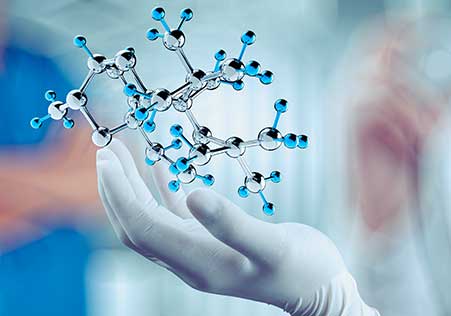
Testosterone
While both men and women have some of this hormone, Testosterone is what produces the characteristics that make someone distinctly male. It works in men’s bodies, along with other hormones, to feed your energy levels, calibrate your moods, and trigger your desire for, and your ability to have, sex. Low t levels can disrupt these processes and spoil your quality of life.
More and more Dr. Berman is seeing patients who are overly fatigued, depressed, physically weak, and overweight. These are very common symptoms of Low Testosterone. A drop in T count can occur at any time, not just in mid-life or during old age. Male hormone imbalances can be brought by stress, acute illness, poor nutrition and a host of other conditions. Testosterone therapy is the jumpstart men can take advantage of to make important changes in lifestyle that will restore their vitality, quality of life and health.
Read more about Testosterone.
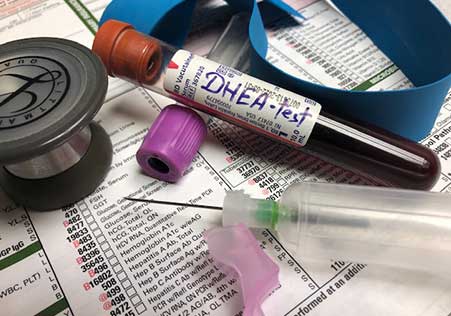
DHEA
DHEA is an important adrenal hormone that balances the effect of stress hormone Cortisol and is important for the immune system as an anabolic hormone. Produced by the adrenal gland. DHEA supports the body as it produces other hormones, including Testosterone and estrogen. DHEA also begins to diminish as we age, which in turn impacts your body’s ability to produce Testosterone. Most patients with low levels of DHEA will also have low levels of Testosterone.
Some therapeutic practitioners believe that DHEA is a necessary component of overall hormone balance. Medical research does not back up this claim. All the same, Dr. Berman does insist on closely monitoring DHEA levels in his patients, to ensure that there is an optimal balance of all hormones involved in the endocrine system, especially Testosterone, which drives so many important functions.
Read more about DHEA.
Call 888-804-1632 To
Schedule An Appointment
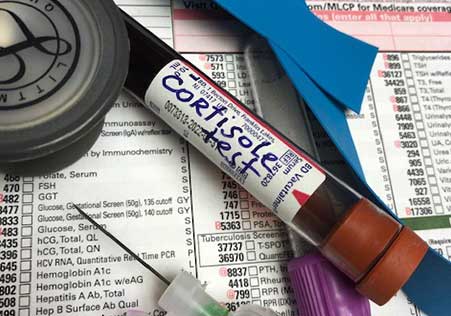
Cortisol
Cortisol is a catabolic hormone, which means it contributes to the breakdown processes, such as the breakdown of muscle tissue during exercise. Testosterone is an accelerator, helping to promote muscle mass. When these two opposite effect hormones are out of balance, there can be trouble.
Cortisol is what the body uses to convert protein into sugar and provide energy during fight or flight responses to stress. However, too much cortisol suppresses our immune system and creates inflammation. This not only does us a disservice in a fight or flight scenario, but it can also cause serious health concerns.
Read more about Cortisol.
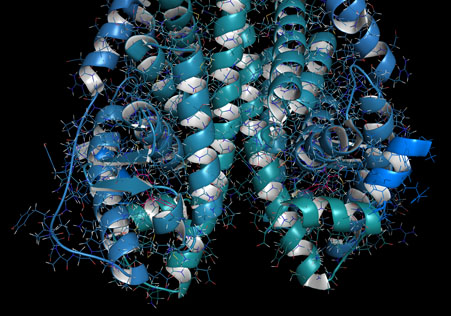
Estradiol
Another important process that takes places in the endocrine system is turning of Testosterone into estrogen. Both men and women’s bodies convert Testosterone to estrogen, but in different amounts, with men’s bodies converting about 10% of their Testosterone to estrogen when they are in good health.
There is an aromatase enzyme, which carefully controls the balance between Testosterone and estrogen. As men age, the aromatase enzyme activity increases and more Testosterone is converted to estrogen. This means t levels can get depleted even more.
Read more about Estradiol.
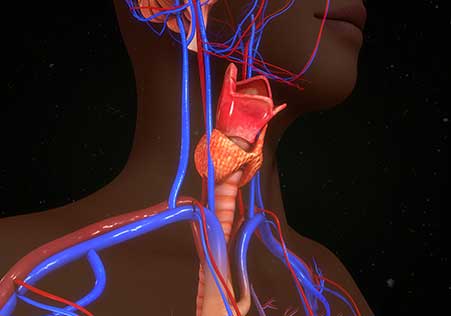
Thyroid
Studies show a correlation between thyroid function and Testosterone levels, with both needed to effectively regulate the same processes in the body. Thyroid hormones rely on Testosterone to do the work of protein synthesis, a very complex process that takes place at a cellular level to build proteins. This supports the build-up of muscle mass and can regulate the metabolism of fat.
A low level of Testosterone can impact muscle growth and unnecessary weight gain. Testosterone therapy may be an effective treatment, but, first one must determine that the thyroid and is functioning as it should. If not, hormone replacement therapy can help, but only under the supervision of a licensed, experienced physician like Dr. Berman.
Read more about Thyroid.
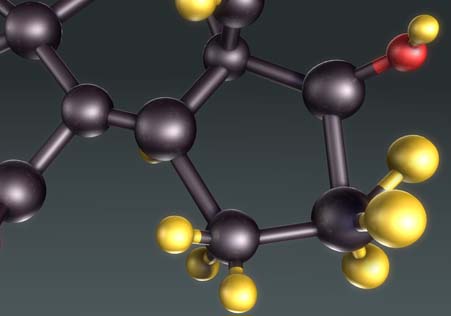
Melatonin
Melatonin hormones are produced by the pineal gland. Melatonin levels regulate sleep and wakefulness. We all have an internal clock, called the circadian rhythm. This clock tells us when it is time to sleep, wake up, and it regulates our body, including our blood pressure and temperature as it prepares for cooler seasons. Research indicates that it may also play a role in inhibiting cancer cell growth. As you might expect, this hormone is released largely at night. Because hormones play such an important part in regulating sleep patterns, low levels, especially low levels of melatonin, are critical to analyzing when looking at your overall hormone health profile.
Read more about Melatonin.
